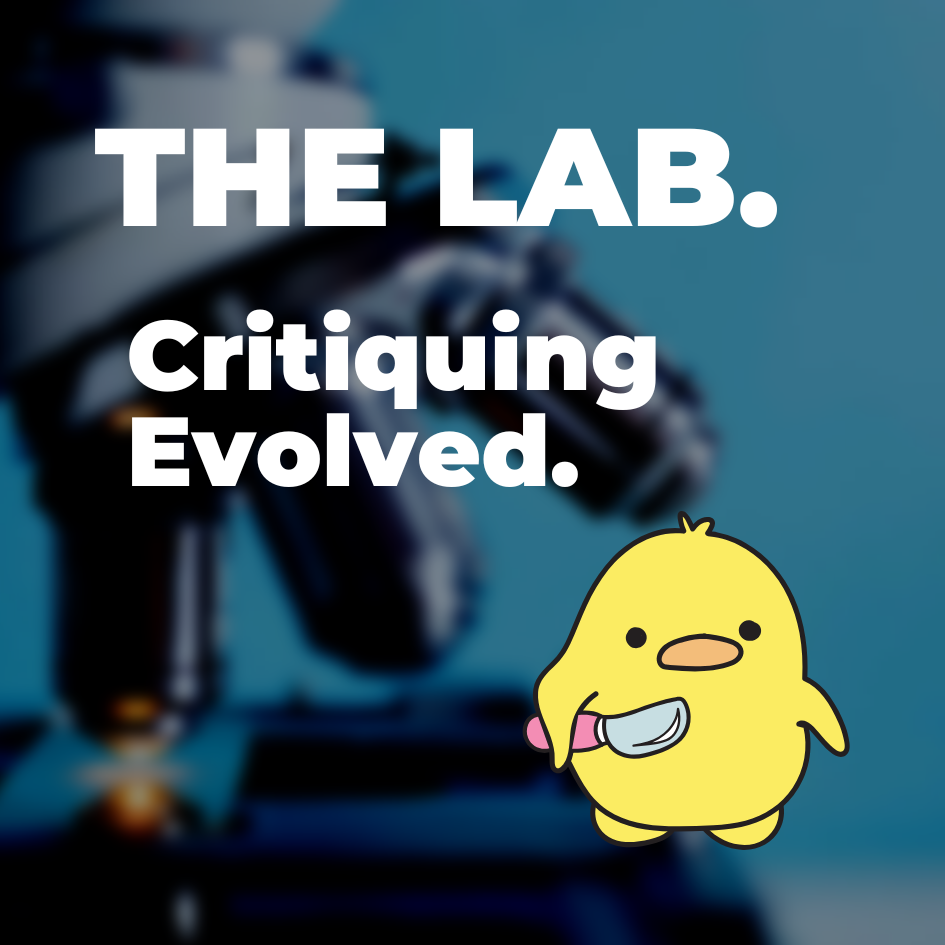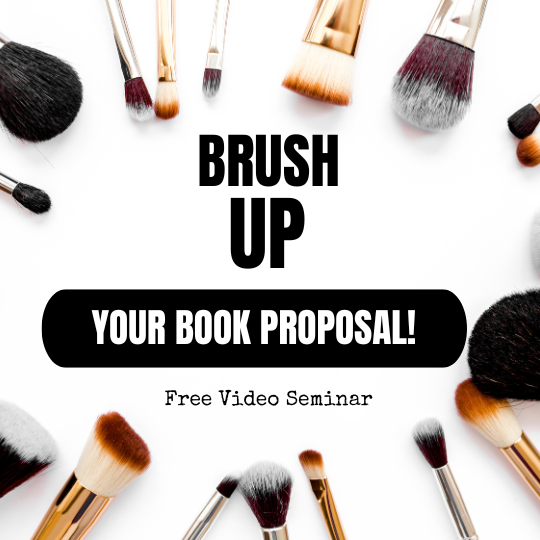Sea-shore
aka Anne Chen
My productivity has shot up since I’ve gone back to pen and paper. Yay!
Down side: hand/arm aches, can’t check in on Litopia as much, getting though quite a few trees worth of paper… and the dreaded type-up later.
Also weird side-effect: I shed about 10 pens when I stand up.
What do my fellow Litopians prefer?
Down side: hand/arm aches, can’t check in on Litopia as much, getting though quite a few trees worth of paper… and the dreaded type-up later.
Also weird side-effect: I shed about 10 pens when I stand up.
What do my fellow Litopians prefer?





